Disclaimer: This post is not medical advice. This article is written from Morgan’s perspective of managing his food allergies to peanuts, tree nuts, sesame, fish and shellfish.
I returned from a trip to Seattle in early September, having educated a bartend at a fairly high-end cocktail bar on how many gins can contain tree nuts, and realized that it might be worthwhile to write a post on navigating alcohol with food allergies. If some bartends don’t even know… I can only imagine where everyone else is!
This is an incredibly expansive topic. It’s made much more complicated by the growth of the “craft” industry (craft beer, craft cocktails, craft cider, etc.) that yields infinite variations in products. I’m going to address a few background items first and then share some notes on specific types of alcohol.
Background Notes
Allergy Labeling
At the end of Prohibition in the U.S., the responsibility for labeling alcohol did not fall to the FDA but a different federal agency, the Alcohol and Tobacco Tax and Trade Bureau (TTB). So as a quirk of history, when the FDA started to regulate nutrition labels in the 1990s on all packaged foods, alcohol was not affected.
This creates an obvious problem – you don’t always know what is inside the bottle or can you’ve purchased. That means you could buy a bottle of Southern Comfort and have no idea it contains tree nuts as a flavoring product. Or, order a cocktail that uses Frangelico (a liqueur) and the bartend couldn’t check the bottle to see it contains hazelnuts.
This makes drinking alcohol a minefield for someone who has one or more allergens. At a different high-end bar we went to, my boyfriend ordered a drink that contained a specialty Vietnamese liqueur. It turns out it contained cashew, but it was only through sheer luck that the producer voluntarily mentioned that ingredient on the label. (For the record, I don’t have drinks with mystery liqueurs so I wouldn’t have been drinking it anyway)
This is something that needs to change.
Production Labeling
On the other hand, the TTB is notoriously strict about what a producer can put on their label. This is because before (and after) Prohibition, many liquor producers were adding poisonous substances like gunpowder and trying to pass it off as a legit product. In order to restore confidence in products being sold, we forced producers to only use certain terms that indicated a certain quality of production.
Southern Comfort is labeled as “spirit whiskey with natural flavors and caramel color.” Those “natural flavors” include tree nuts derivatives.
Whereas Four Roses, a popular bourbon, is labeled as “kentucky straight bourbon whiskey.” By law, Kentucky straight bourbon cannot contain any added colors or flavors – it must be 40% ABV or higher, aged in new oak barrels for two years, and must be made from at least 51% corn. In this case, it could be a handy rule to avoid anything that says “natural flavors” on the label.
Not all categories are useful. A “London Dry Gin” is a type of gin made with a low amount of sugar (hence, dry) but can encompass gins that are made with almonds (Bombay Sapphire) and those that aren’t (Tanqueray).
Craft Production
Due to the federal deregulation of alcohol under Jimmy Carter’s presidency, there has been a boom of small producers across the country – usually called “craft producers.” Some of these craft producers have grown to be mega-brands in their own right, such as Left Hand Brewing and High West Distillery.
Craft producers are usually more transparent than the big producers. They are also more accessible – since they’re a local small business, you can call them up and ask a question about their production. They will know the answer to whether they use wheat in their craft whisky, for example. Calling up one of the mega-corps? Less likely to be successful.
Notes on Alcohol Types
I didn’t start drinking until I had conducted thorough research on how alcohol is made. Over the years, I’ve tallied up more insight into each category. This is hardly an all-encompassing explainer, but here are some notes on the major styles of liquor and some things to watch out for.
I’ve also done distillery tours in Scotland, brewery tours in the U.S. and Canada, and tours of craft producers in the U.S. This kind of information isn’t really something that is a Google search away (or, it would take you a lot of time to compile this – it’s taken me years!).
Wine
Wine is one of the most straightforward and well-regulated types of alcohol on the market. The primary allergen typically used in production are sulphites, which appear naturally in both red and white wines (although whites usually have far fewer).
Whether you’re buying a French Bordeaux, an Australian Shiraz, or drinking bottom-shelf wine from a box… wine is always made from grapes or other fruit, but if it’s made from other fruit, it has to be labeled as “fruit wine.”
Wine is harvested from grape plants and then dried out on large stands before adding yeast to ferment in order to produce alcohol. To make a sparkling wine like Champagne, they put the product in a bottle with more yeast to ferment further.
Wine is typically aged in glass, ceramic, concrete, stainless steel, or oak casks. They are allowed to add grape juice (or fruit juice) at some point in the production process and still call it wine, as well as Yellow No. 3 coloring and carmine (an additive).
There are a few odd wines I’ve seen in my time – an almond wine, for example (but they must label it as an almond wine since it’s not made from only grapes). But wine is typically a pretty straightforward alcohol for many people with allergens given the strict requirements on added flavors and production process.
Beer
Beer is more complicated.
The major brands like Bud Light have actually added a voluntary ingredients label (“Water, Barley, Rice, Hops.”) Traditional beer is made from malted barley. Barley, a grain crop, is harvested and then tricked into sprouting its sugary seeds using hot water. This is called malting. After the barley has been tricked, the brewer drains off the water filled with sugary barley, ferments it with yeast, and then makes it into beer. Most brewers also add hops, a bitter flower, for flavoring.
In 2015, the TTB modified its guidance and allowed beer makers to sell beer with many added ingredients as long as they were labeled on the package. This is about as close as you can get to an ingredients list. You can see a list here. And, you can see their guidance on how those additions might appear on a label here. Basically, there needs to be at least some description besides “beer” that notifies the consumer that there’s been fruit or spices added to the beer.
However! In recent decades, brewers have also used other grains to make beer – including wheat, rice, corn, oats, and rye grains. In this case, you might find beers that are called “wheat beers” or an “oatmeal stout” (which is a stout, a dark beer, brewed with oats). However, the beermaker is not required to list wheat or any alternative grain unless it comprises at least 25% of the grains used. That is particularly unfortunate if you have a particular allergy to a type of grain, instead of all grains.
This yields an unexpected trade-off in beer. On one hand – finding out that a mass-produced beer like Heineken is safe for you is very helpful, because they are going to make it the same exact way everywhere in the world and it’s a very simple recipe without any additives. They are using barley, water, and hops (and yeast). On the other, you can call up your local craft brewer and see what kinds of grains and additives they use and get clarity on what they put into the beer. But local craft producers might sneak in unusual ingredients.
I’ve seen plenty of craft beers brewed with peanut butter, hazelnuts, and other allergens. One particular ingredient for concern from craft brewers is lactose, which makes a particularly creamy kind of beer. It is not always labeled as a “lactose beer” or “beer brewed with lactose” so watch out for those! It is often mentioned in the description of the beer on the package, but sadly, they aren’t required to label it if they use lactose in production.
Liquor: Vodka
Vodka is a spirit distilled from, well, just about anything as long as it doesn’t have a distinctive taste or color and is bottled at 40% ABV or higher. Most vodkas are grain vodkas, meaning they are distilled from wheat or rye or barley. However, vodkas can be made from other materials like potatoes or sugarcane.
The good news is vodka must be labeled as flavored or have some other notice if they’ve added anything to it besides the base grain. So if you can have Grey Goose (made from wheat), it will always be the same Grey Goose if the bottle just says “vodka” and not “vodka flavored with X.”
Tito’s is a famous gluten-free vodka, made exclusively from corn. That’s a great example of a craft brand that’s become super popular in the last 20 years – originally started in 1995, Tito’s has become a big brand in the U.S. for vodka.
Craft vodkas have more variation than the megabrands in their spirit base. I can think of a local producer here who uses sugarcane, so it becomes slightly sweet, but most vodkas are a “neutral grain spirit” meaning they’re distilled from grain of some kind.
Liquor: Gin
Gin is tea made with vodka. You take an assortment of botanicals (such as juniper berries, eucalyptus leaves, flower petals, and so forth) and steep them in vodka to make a flavored vodka. After the steeping is complete, you re-distill the final product to produce a clear spirit that includes the flavors of your tea.
While juniper is the dominant flavor, a naughty little botanical can make an appearance in some gins – tree nuts. Both Beefeater Gin and Bombay Sapphire Gin contain almonds. There are many, many craft gins like Monkey47 that also contain almonds. Newer gins on the market such as Four Pillars’ gins contain macadamia or cashew nuts, and walnut is also known to make an appearance.
My saving grace has always been Tanqueray, a popular mass-market gin that doesn’t contain any nuts. I’ve also heard Aviation Gin, another popular mass-market brand, is safe.
Now, on the craft side, most producers take pride in the types of botanicals they put into the gin. Many times their website will actually list all of the botanicals used, so you might be able to actually identify all 22 botanicals used in The Botanist gin, a popular Scottish gin.
Generally though, to play it safe – this is one to avoid if you cannot do almonds. I’m grateful I can now eat these, but I’ve stumbled into many many gins that have almonds once I looked them up on their website. Let alone other niche craft gins that have other tree nuts!
Liquor: Tequila & Mezcal
Tequila is a heavily regulated product from Mexico, made entirely from 100% agave plant. Tequila uses agave from a specific region of Mexico and produces a sweet and vegetal spirit, while mezcal uses agave from a much broader region and is typically smoky (due to a different production process).
The regulations are pretty strict to call it tequila – of a bottle, only 1% can be additives like sugar syrup, glycerin, coloring, or oak extract. Any other flavorings or additives are a no-go. “Añejo” tequila is simply tequila aged in an oak barrel without any extra additives.
Mezcal has much looser rules and, given the explosion of craft mezcal, can be much dicier. I actually ran into a mezcal once at a bar that was made with peanuts (using a traditional mole sauce as a part of the production process). Cool idea, not great for me to be drinking. I discovered this because the bartend offered some for free, I politely declined, and then looked up the mezcal to learn more because “it tasted so good!” according to them. It’s uncommon, certainly, but a good reminder the craft producers are more likely to take risks in their production processes. The added benefit is the transparency they offer, but it’s always a risk to drink something you don’t know anything about.
From a regulatory perspective, tequila is much much more controlled. You could not get away with adding a mole sauce into the production of a tequila.
Liquor: Rum
Rum is broadly three types: clear/white/silver rum, aged rum, and spiced rum. All rum is distilled from sugar cane and molasses. Clear/white/silver rum are brand-new, unaged rums. Whereas aged rums, obviously, are aged (typically in oak casks).
Spiced rum is the troublesome category. Rum is actually pretty tricky to navigate with a nut allergy because there are many marketing designations that have no basis in regulation: dark rum, black rum, gold rum, etc. don’t actually mean anything.
Spiced rum is rum that uses spices, many times nuts. I believe Bacardi has five major rums and at least one of them contains nuts. The recipe for The Kraken (a popular spiced rum) is secret. Some rum brands are becoming more transparent, such as Captain Morgan, and disclosing what spices they use.
Craft rum is a saving grace here as many local distilleries who want to make whisky actually start out by making rum and gin first –– it helps pay the bills while the whisky ages. They will be able to disclose to you all the spices used if they create a spiced rum.
I generally avoid rum. Too many pitfalls. In fact, I think I’ve never had a mass-produced spiced rum. I have had one aged rum before. But if I’m out at a bar or a party, I’m not reaching for the rum. God only knows what is actually in the bottle.
Liquor: Whisky
By far the most regulated of the major liquors, whisky is dominantly American, Canadian, or Scotch. There is a big rabbit hole here, but essentially – all whisky is made first like beer, then distilled in copper stills and aged in oak casks, with varying requirements on time. If there are added flavors, it must be labeled. (Even Fireball is labeled “whisky with natural cinnamon flavor”)
Almost all major whiskies use a blend of grains, typically corn, rye, wheat, and barley. Bourbons must be made from mostly corn, rye whiskies from mostly rye, and single malt Scotch to be made from 100% barley. Blended scotches, such as Chivas Regal or Dewar’s, can be made from a blend of grains. However, different whiskies can use a different “mash bill” or combination of grains. The same producer might make one American whisky using corn/rye/oats and make another American whisky using corn/rye/wheat. And, they don’t have to tell you on the bottle.
Since whisky is always aged in oak casks, there are some variations. In America, the typical aging profile is “new American oak,” meaning it’s a brand new cask. Whereas in Scotland, they typically use “ex-bourbon casks” or “ex-sherry casks,” meaning the cask was previously used to age bourbon or sherry wine, and is now being used to impart flavors to the product. The casks types are heavily regulated – producers can’t simply throw it into anything.
There is a sub-genre of whisky that is aged in rum casks. I typically avoid these because I’m not 100% certain whether those casks were used for spiced rums (they never say, anyway). The only other whiskies I’ve ever been caught off-guard by are the flavored ones. Skrewball is a popular peanut butter-flavored whisky and Southern Comfort is flavored with tree nuts. There are all sorts of “flavored” whiskies and I drink absolutely none of them. Not even the Crown Royal apple-flavored one! The more standard whisky is better and safer as the production is heavily, heavily regulated.
Liqueurs
Typically a mad dash to see how fast you can have an allergic reaction. I’m only half-kidding. Liqueurs are generally a base spirit or liquor (wine and vodka are common bases) that have been infused with various additives, flavors, and other ingredients. Unlike gin, they are not re-distilled. They often retain the color of the infused ingredients.
Liqueurs are a black hole of information. Whether it’s cheap ol’ Malibu, Campari, Cointreau, Luxardo Maraschino, Strega, red vermouths, or blanc de blanc vermouths, there is very little transparency in the industry. Closely guarded “family recipes” mean there isn’t much information on what is used in the production of the liqueur. The recipe for one famous liqueur, Green Chartreuse, is only known by three people in the world (yes, really).
Liqueurs are also tricky due to their variations. Kahlua is a popular coffee liqueur. The original recipe does not contain nuts, but many seasonal variations they release contains nuts (like ‘The Mudslide,’ a riff with peanut butter). Many amaretto liqueurs use almonds, but not all. Disaronno, a popular amaretto, apparently uses cherry pits to achieve the same flavor without using any nuts (but who knows, really, and I haven’t had Disaronno before).
Most vermouths are wine that have been flavored with roots and herbs. I’ve never had a reaction to a vermouth, but I also don’t drink a lot of vermouths, so it’s possible some special vermouth has snuck in some nuts and nobody knows (yet).
Craft producers are absolutely your friend, as many are making “amaros” and “aperitifs” that achieve the flavors of these classic liqueurs like Campari or Aperol but have added transparency in the ingredients that they use.
Depending on your allergies, you may be left with a real “trial and error” system when it comes to liqueurs. Many craft producers have good alternatives to the mass-produced versions and added transparency on the ingredients they use.
Cocktails & Cocktail Bars
It’s a minefield, but the most common suspects for additional problems in cocktail ingredients (besides a liqueur) would be:
- Orgeat, an almond syrup, that is used in popular drinks like the Mai Tai
- Black Walnut Bitters and/or Coffee Bitters, a lightly alcoholic flavoring agent, that is used in some nicer bars for drinks
Ironically orgeat is a favorite ingredient in rum-based drinks, so you’ve got a real potential for a double whammy on a nut allergy if they’re also using a spiced rum that contains nuts.
Craft cocktail bars can range in quality. But any bartend worth their salt will tell you that they cannot possibly know for sure whether the liquor and liqueurs used contain specific allergens. I haven’t had problems with many of the standard liqueurs like Campari or Aperol, but that doesn’t mean you won’t! Craft cocktail bars also use niche liqueurs that would be difficult to research on the internet.
On top of that, many standard bars do not practice hygienic cleaning. They rinse out cocktail shakers with water but most bars are moving so quickly, they usually mix equipment to make different drinks. The shaken martini for one client using a gin containing almonds will be measured in a jigger and poured into a shaker set; then, after a quick rinse of the shaker (and sometimes the jigger, but not always) they will make your drink. Is that safe preparation for someone with a severe food allergy? No.
More upscale cocktail bars are much more cautious and mindful about preparation, typically because they have multiple bartends on-hand. These environments have been more hospitable for me but it’s always important to tell them your food allergies!
Other Notes on Staying Safe
Ultimately the safest option is just not drinking. That’s probably the easiest! Here are some other notes.
Distillation reduces a lot of the protein, but not all, from added allergens.
Hardly medical advice, but a panel of EU researchers in 2007 studied 32 gins and found almond protein (when almonds were used) was not detected above 0.1 mg/L. As they say, “the Panel notes that proteins and peptides are not carried over into the distillate during a properly controlled distillation process.”
To me, this is small comfort for someone allergic to almonds. It may help avoid a very severe allergic reaction, but doesn’t guarantee someone will not react to protein inside. Also, this only really applies to gin? As noted previously, many of the products that actually “contain” nuts like spiced rums and liqueurs are not re-distilled after introducing the nuts. That means the presence of nut protein is way, way higher in those products! Gin is re-distilled, which helps reduce the amount of protein leftover.
Cocktail menus do not always list all the ingredients.
As someone who travels a lot and enjoys eating at new restaurants, do not take the menu’s word for it. Many cocktail bars add additional ingredients to the drink that are not listed on the menu. Make sure to always clarify your food allergies if you do order a craft cocktail, or stick with something safer.
Tasting notes or flavor profiles are not ingredients.
Often times you might run into a description of a whisky or a wine that mentions how “nutty” it tastes. This is almost always just a flavor descriptor. It is very, very rarely a description of what is actually used in the product. If it does actually contain nuts, it will be hinted at on the label (using “natural flavors” or a similar phrase).
Don’t drink if you don’t know it is safe.
Simply put, stick with what you know. I have never, ever accepted a mystery drink at a party. I do not order cocktails off menus with unknown ingredients. I stick with brands and types of alcohol that I know are safe. I always bring up my allergies when ordering drinks. If I’m at a less-hygienic environment like a dive bar, I’m not ordering cocktails period. I’m especially not going to take risks when alcohol is limiting my own cognitive ability to make good decisions or notice any symptoms to a reaction if they arise.
This is hardly a complete post on everything alcohol related, but I hope it was a helpful starting point for people who are navigating food allergies and alcohol! These are my own notes and experiences. You may have different experiences with alcohol. Please be safe!
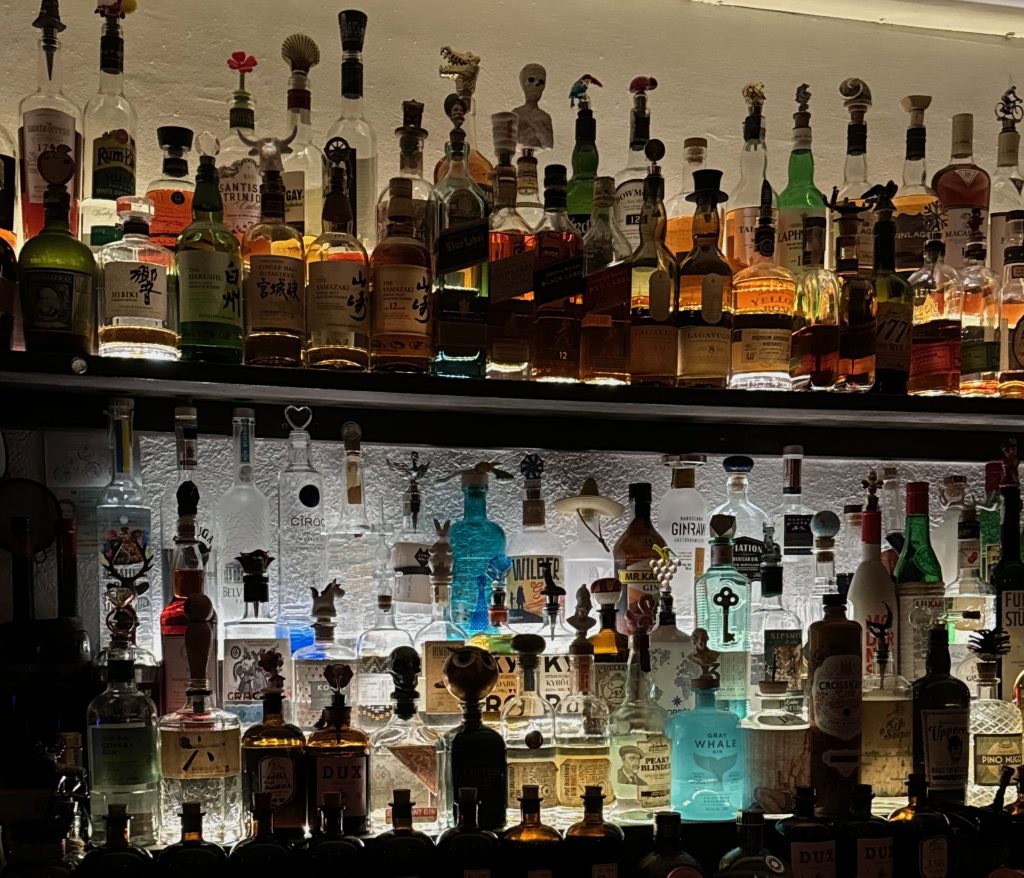




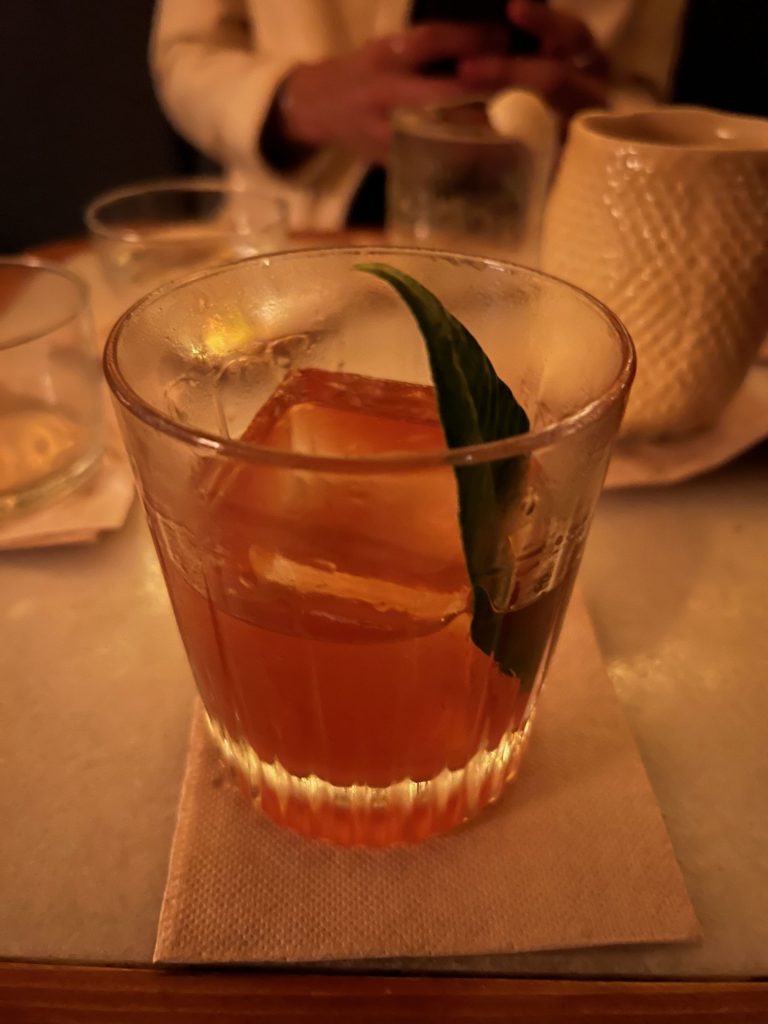
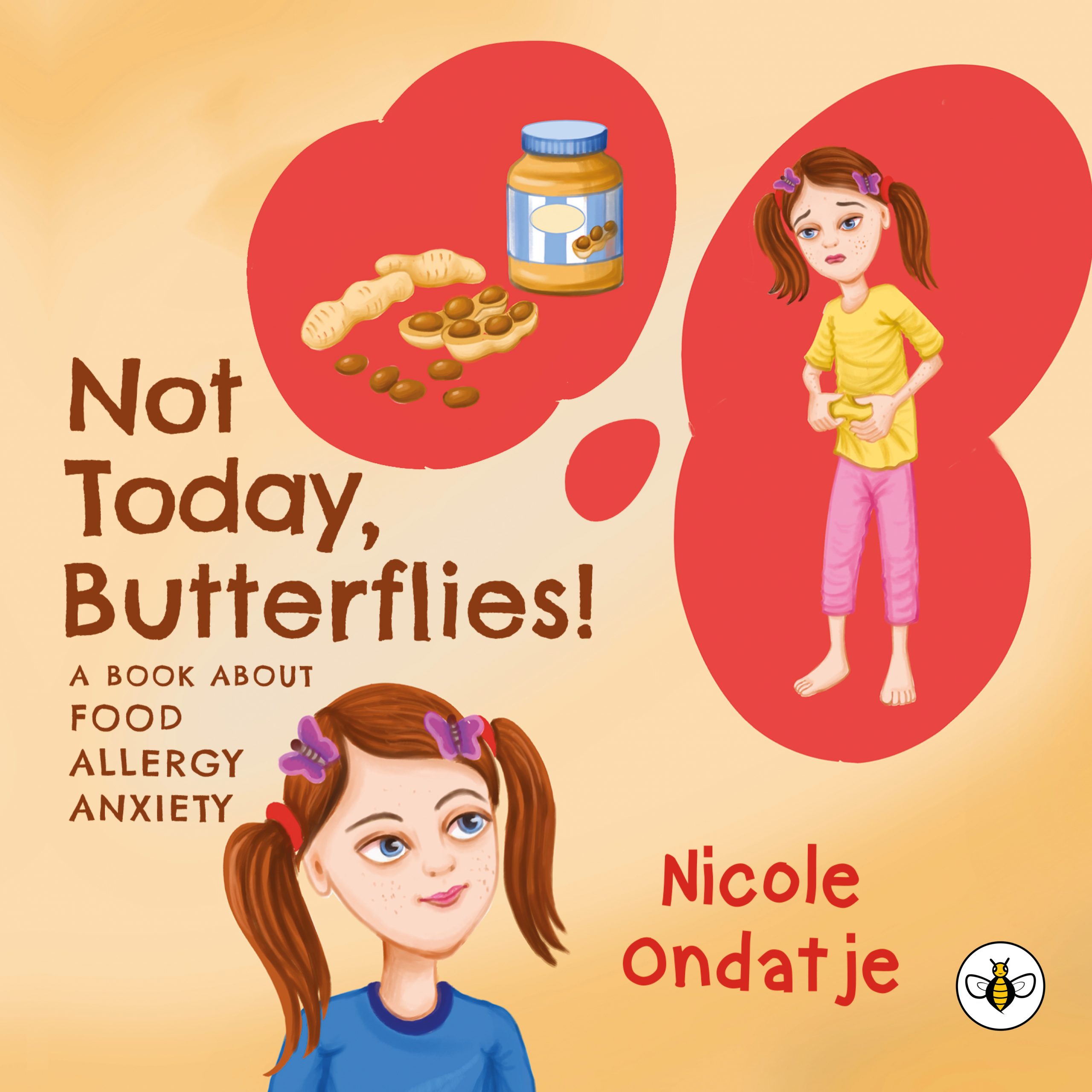


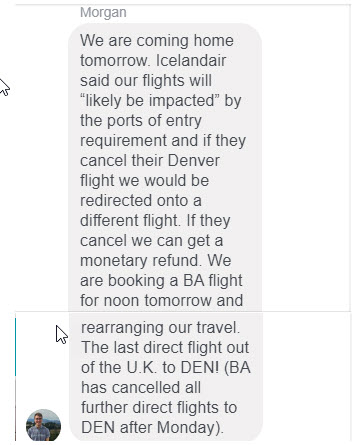
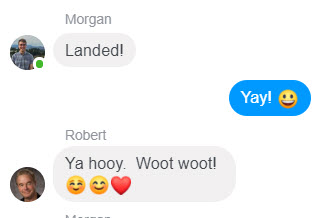

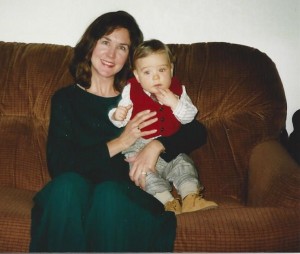


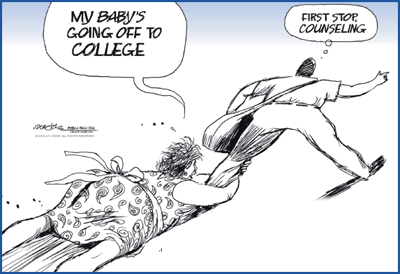
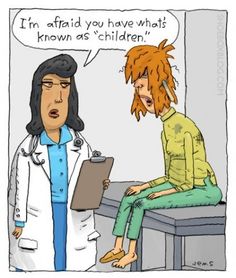


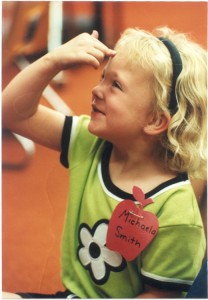





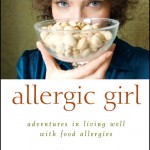
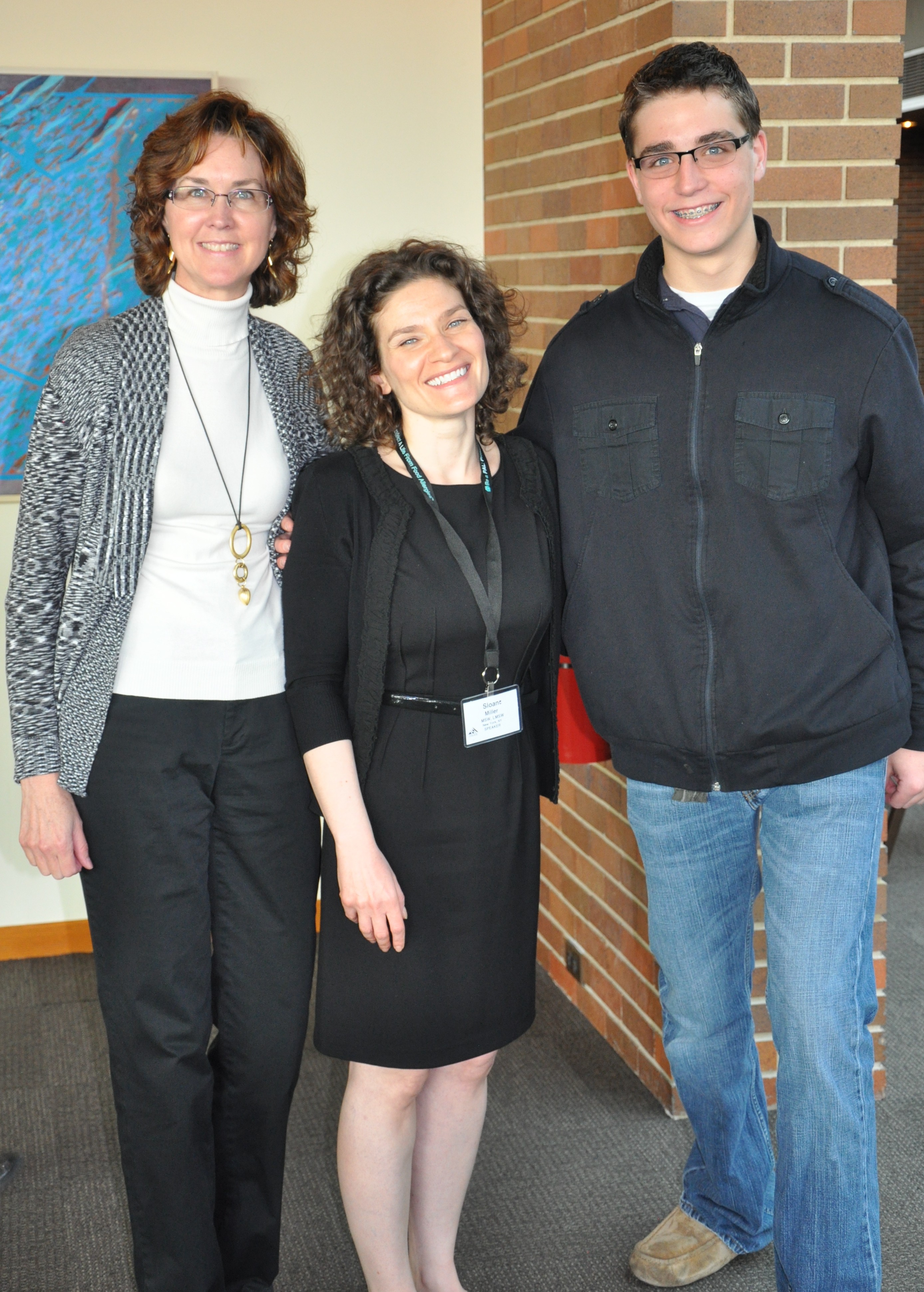

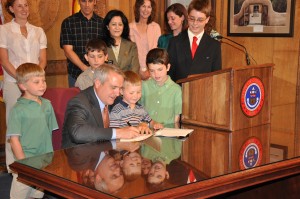


 Laura’s story and wanted to tell all of you about her. It’s heart-wrenching to realize that we really do deal with life and death when managing food allergies.
Laura’s story and wanted to tell all of you about her. It’s heart-wrenching to realize that we really do deal with life and death when managing food allergies.

